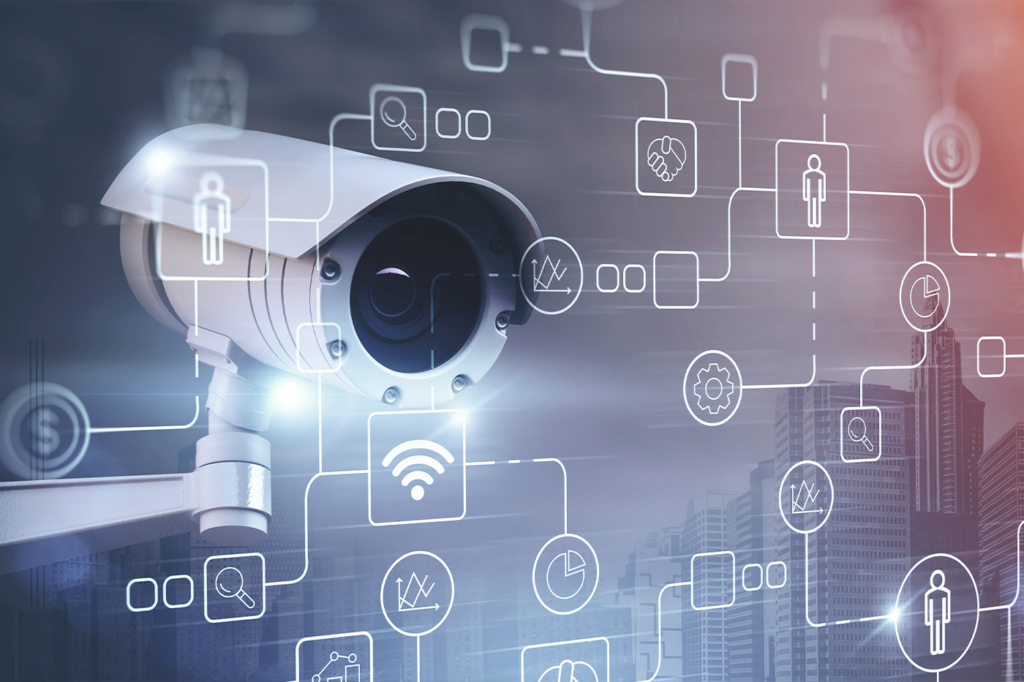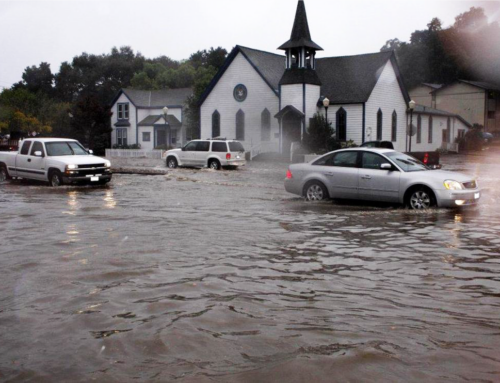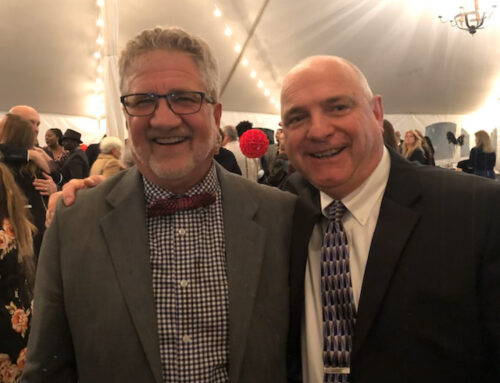Location tracking could expand from roads to all facets of our lives.
![]()
This editorial is the opinion of Morgan Hill Life
Morgan Hill’s adoption of a network of automated license plate reader (LPR) cameras throughout the city has been hailed by local law enforcement as an effective crime-fighting tool. With more than 200 arrests enabled and drops in property crimes such as burglaries since the cameras were installed in August 2021, it’s easy to see the appeal for public safety. However, let’s consider the potential privacy tradeoffs.
 The Morgan Hill Police Department started with 25 cameras to test the system. With signs of success it expanded to 50 cameras. They’re placed at the city’s entrances and exits, as well as some main roads. The LPRs take a snapshot of a moving vehicle, capturing an image of the license plate number as well as the make, model and color. If a number matches that of a stolen vehicle or one connected to a crime or Amber Alert, the police are automatically notified. After verifying the alert, officers can take action to apprehend the suspect.
The Morgan Hill Police Department started with 25 cameras to test the system. With signs of success it expanded to 50 cameras. They’re placed at the city’s entrances and exits, as well as some main roads. The LPRs take a snapshot of a moving vehicle, capturing an image of the license plate number as well as the make, model and color. If a number matches that of a stolen vehicle or one connected to a crime or Amber Alert, the police are automatically notified. After verifying the alert, officers can take action to apprehend the suspect.
Flock Safety maintains the system and a secure data storage at an annual cost of $120,000. It erases the data after 30 days unless it’s needed for an investigation.
On the pro side, LPR data has clearly aided police in locating suspects and stolen vehicles associated with serious crimes. Residents deserve to feel safe in their community. Real-time alerts when a known criminal’s car enters the city could prevent further crimes. The crime statistics cited suggest the cameras have had a positive effect.
Yet good intentions do not negate reasonable privacy concerns. The cameras indiscriminately photograph and collect data on the public’s movements without consent. Some privacy advocates say the vast majority of law-abiding citizens should not have their locations routinely tracked by law enforcement without due cause. There is potential for abuse, like targeting groups, using the technology for immigration enforcement or using data in unauthorized ways.
 Citizens should be informed if LPR networks are implemented in their towns. Policies are set to protect data, limit retention periods, and ensure accountability for officers accessing the records. Usage should focus on serious crimes, not minor infractions. Crucially, LPR systems could violate Fourth Amendment protections against unreasonable search and seizure. Just because technology enables efficient surveillance doesn’t mean it aligns with America’s core values.
Citizens should be informed if LPR networks are implemented in their towns. Policies are set to protect data, limit retention periods, and ensure accountability for officers accessing the records. Usage should focus on serious crimes, not minor infractions. Crucially, LPR systems could violate Fourth Amendment protections against unreasonable search and seizure. Just because technology enables efficient surveillance doesn’t mean it aligns with America’s core values.
Overall, the city of Morgan Hill should continue evaluating its LPR program’s efficacy and safety record while also taking privacy risks seriously. Citizens deserve an open discussion on appropriate oversight measures. There are no easy answers between security and liberty, but striking the right balance is vital.
As for the future of the use of these cameras if tied with an artificial intelligence system, there can evolve constitutional rights violations. We dread the day AI might be incorporated into automated scanning of footage that could expand in attempts to identify “suspicious” individuals or activities without human oversight.
For example, AI could be programmed to search footage trying to match faces of known suspects against passing cars’ occupants, or to flag “abnormal” driving patterns. Such automated, dragnet surveillance poses many risks, especially for marginalized communities.
We must also consider how accepting LPR networks on streets could open the door to even more pervasive monitoring. Once mass collection of license plate data is normalized, what is to stop cameras from being installed throughout neighborhoods, parks, and other public spaces to track individuals’ movements? Might facial recognition or gait analysis be added to identify people in addition to vehicles?
Location tracking could expand from roads to all facets of our lives. We must be cautious about acquiescing to street-level surveillance, as it may embolden those who wish to implement even more intrusive technologies that could fundamentally alter citizens’ reasonable expectations of privacy in public.
As residents, we want to be able to trust our police department to use technologies responsibly to protect our community. However, we must also consider the slippery slope of normalizing ever-greater surveillance networks enabled by advancing technologies. Is it wise to inch closer toward a dystopian “Big Brother” reality where our every movement is tracked without our knowledge or consent?
While our law enforcement officers surely have good intent, they are not immune to overreach, bias, or human error. We must be vigilant against excessive government monitoring of citizens who have done no wrong. Reasonable oversight and transparency helps build community trust while mitigating risks to privacy and civil liberties. The people of Morgan Hill value both security and freedom. We should thoughtfully weigh both when evaluating systems like automated license plate readers.






